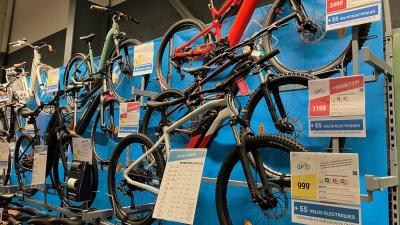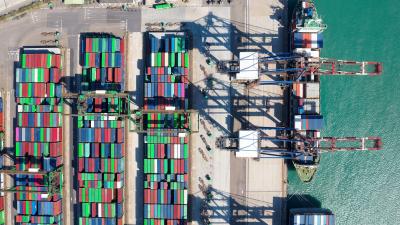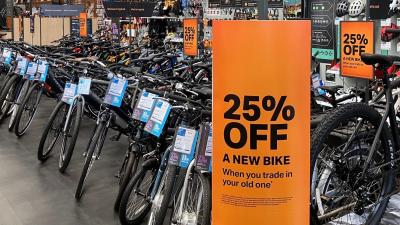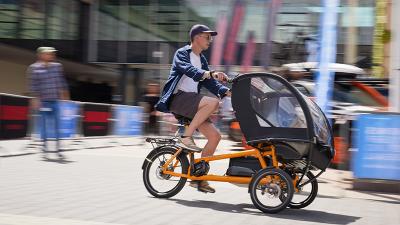All pages

1
European bike markets show resilience in 2024
Cover and contents

2
E-bike sales in Europe see further cooling down
Will the e-bike market in Europe ever reach a market share of 70% or even 80%, as predicted by industry insiders during the boom years?

3
Abimota is launching AM2R to thrive Portugal's two-wheel industry
ABIMOTA, Portugal’s national two-wheeler association, is working closely with the EU to bring bicycle production back home.

4
Evolving bike markets of Germany, the Netherlands, and France
In 2024, bicycle markets in Germany, the Netherlands, and France saw sales decline yet remained resilient.

5
SR Suntour
SR Suntour reduces friction with new precision alignment processes

6
Contrasting e-bikes sales in various European countries
Last year, Europe’s bicycle markets in Austria, Switzerland, Italy and Spain continued to regulate to post-pandemic realities.

7
Preeto opens the e-bike market for tailor-made drive solutions
The Preeto motor is designed to retain the natural ride feel of a classic bicycle—with just the right electric boost.

8
Taiwan e-bike exports turn a cautious corner in Q1
Following a challenging 2024 with reduced production and surplus inventory, Taiwan’s bicycle industry is beginning to show signs of recovery.
All editions
Search
Search, through all Editions
















